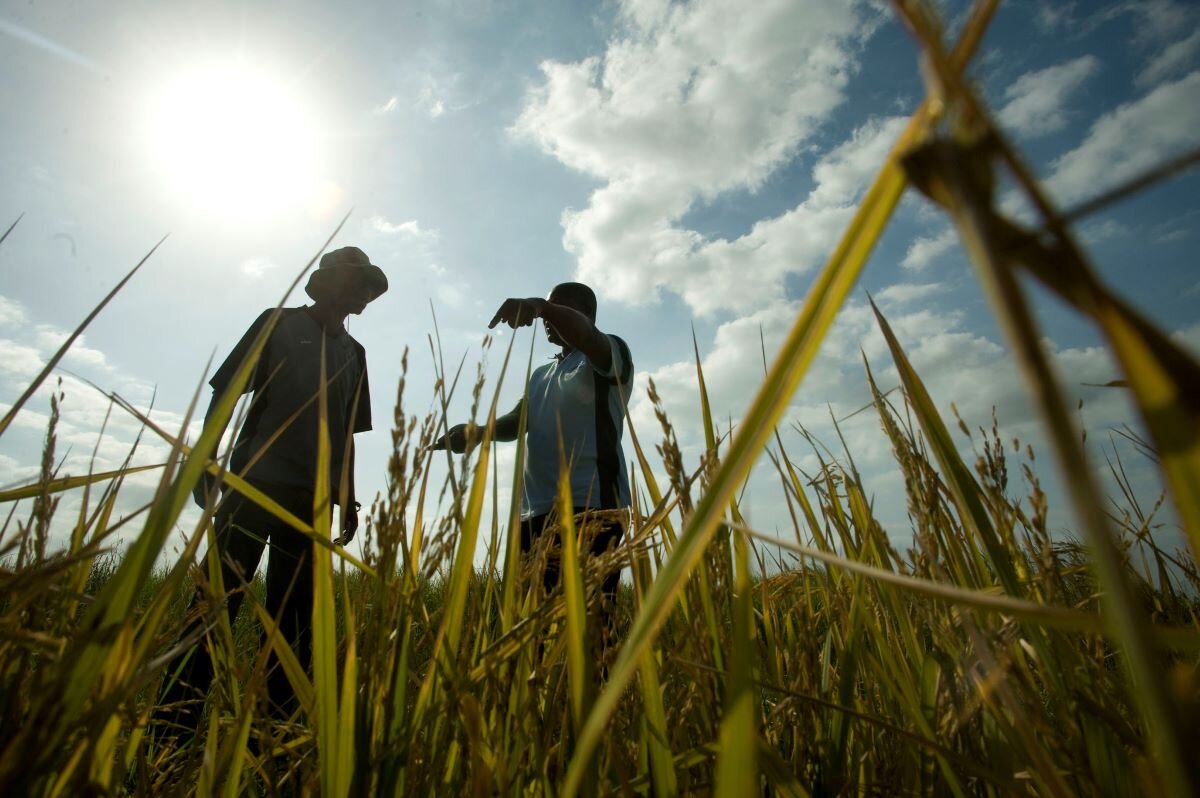COP26 raised the profile of food and agricultural systems in the climate agenda. However, it did not go far enough in mobilising resources for the specific, urgent needs of low- and middle-income countries, particularly those in Africa. COP27 in Sharm el-Sheikh offers an opportunity to marshal resources for farmers to adapt to and overcome the otherwise devastating effects of climate change.
Africa contributes the least to global emissions yet is burdened with severe vulnerabilities to the threats of climate change. Extreme heat will increase stress on labourers, crops, and livestock. More unpredictable rainfall and other weather events in areas dependent on rainfed agriculture will result in lower yields and crop failure.
Many of the solutions that African farmers need to adapt to climate change – weather information platforms, resilient seed varieties and water management technologies – already exist yet are not accessible to or widely deployed among smallholders.
However, as climate impacts worsen, relevant and responsive new research, development, and deployment (RDD) will become increasingly important to manage emerging risks and deliver adaptation and resilience outcomes. Estimates project that Africa and the Middle East will require $1.7 billion more in international funding per year for innovation up to 2050 to adapt to climate change and achieve zero hunger; a 50% increase on the reference scenario.
Scaling up quality investment in RDD for agricultural adaptation in Africa is critical for climate safety and food security in Africa and beyond. This report details the options for development agencies and High-Income Countries (HICs) finance providers to support this agenda, and recommendations for action at COP27.


